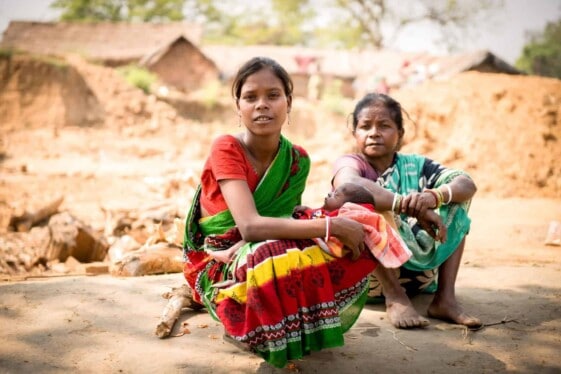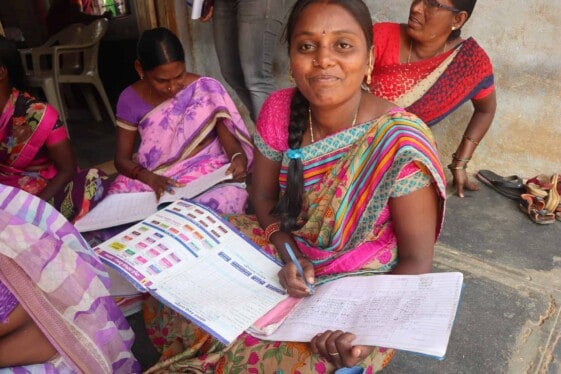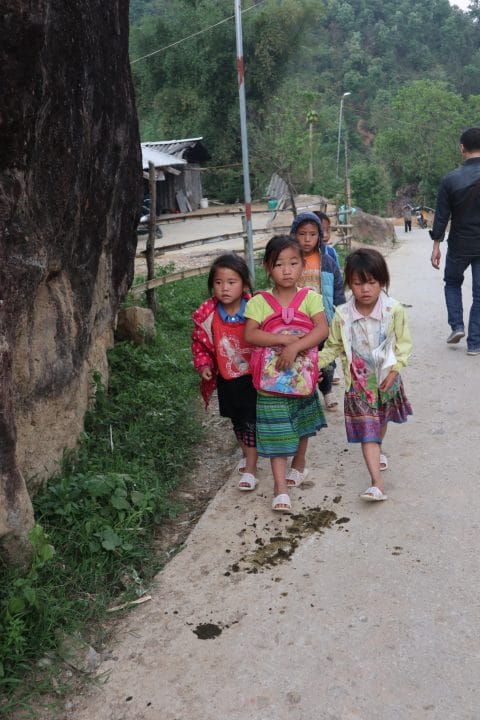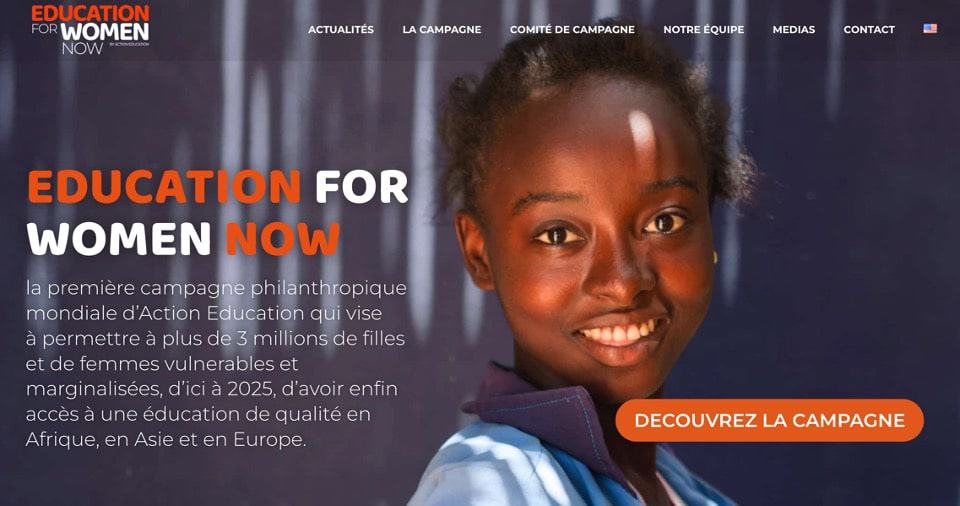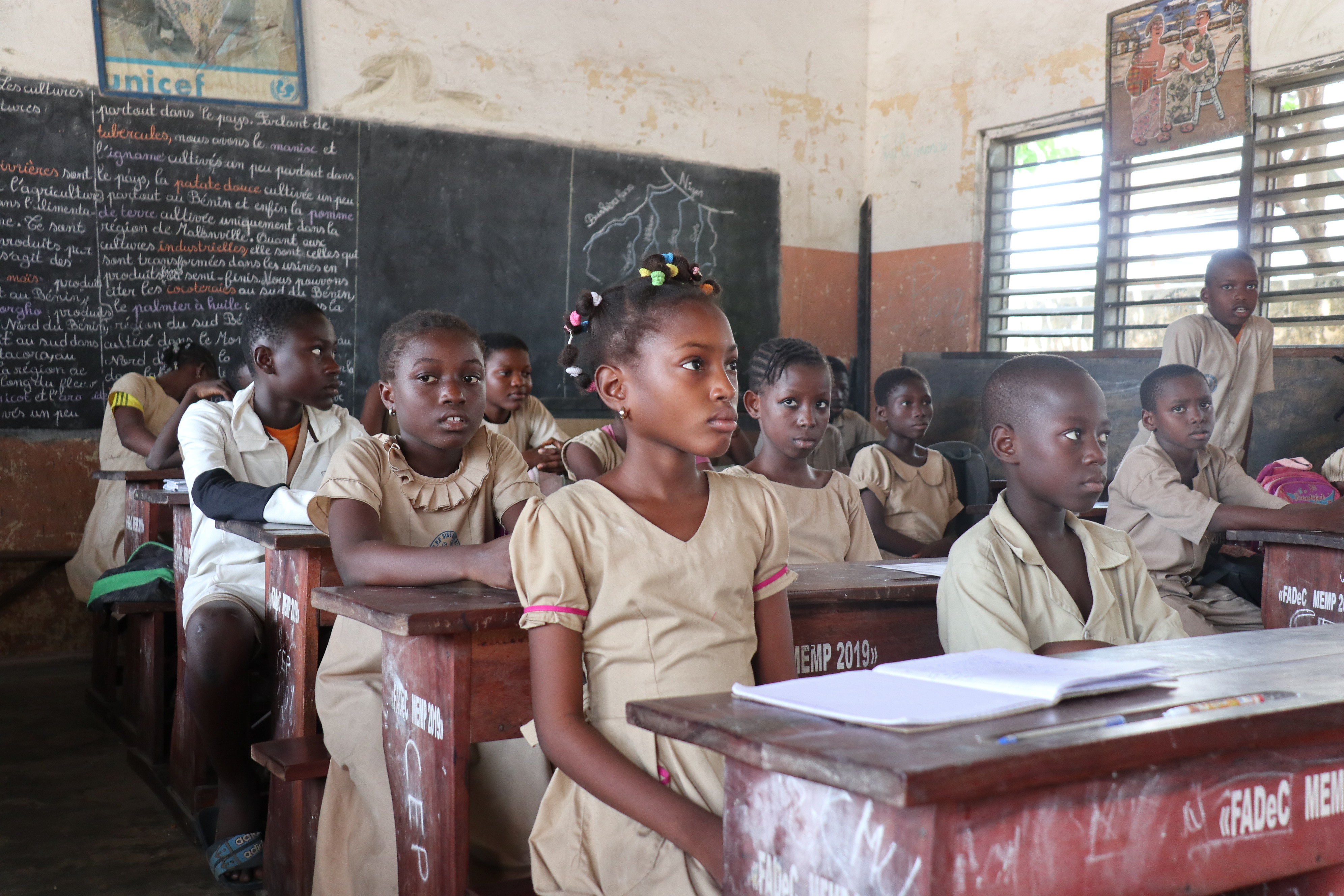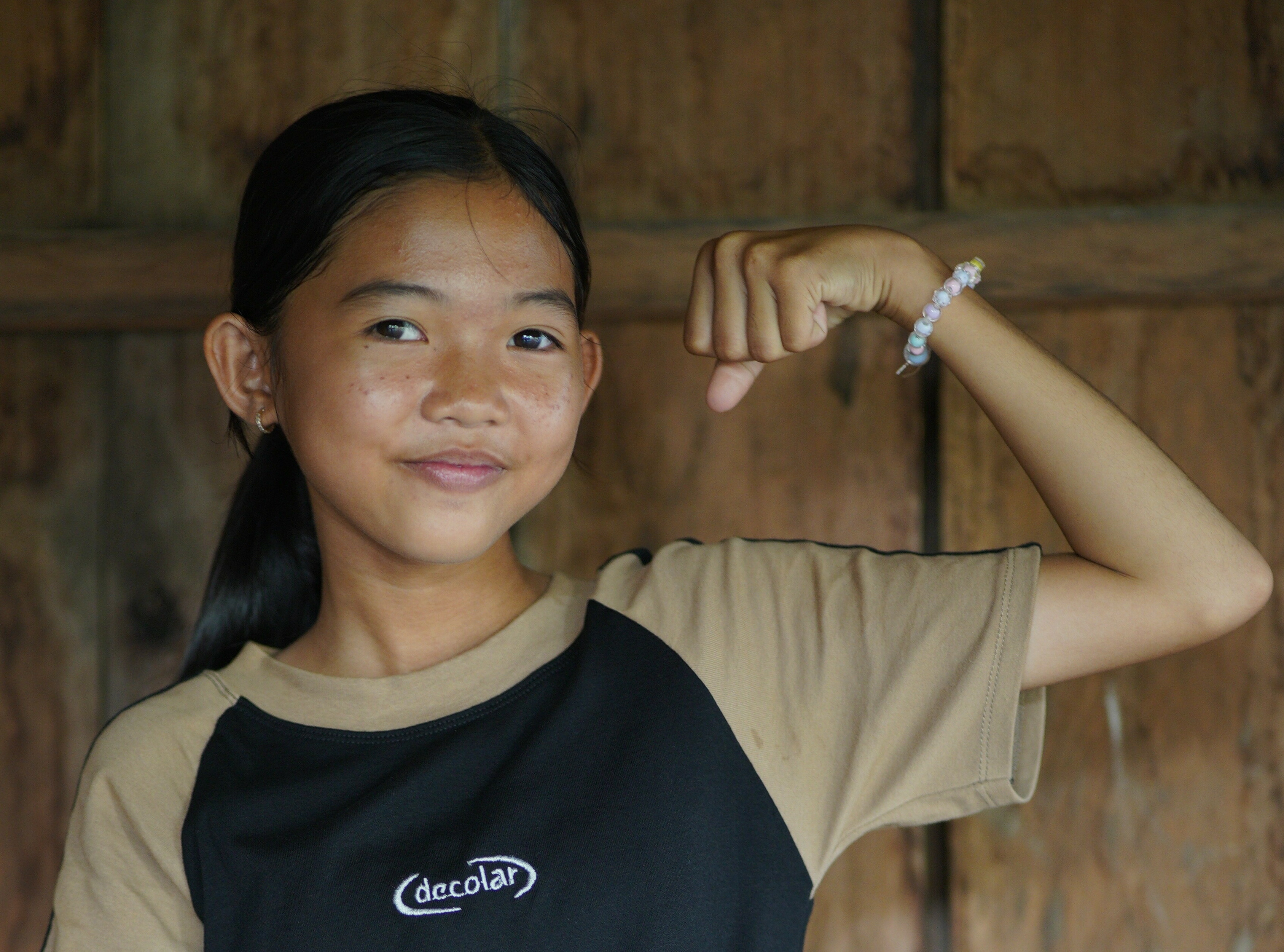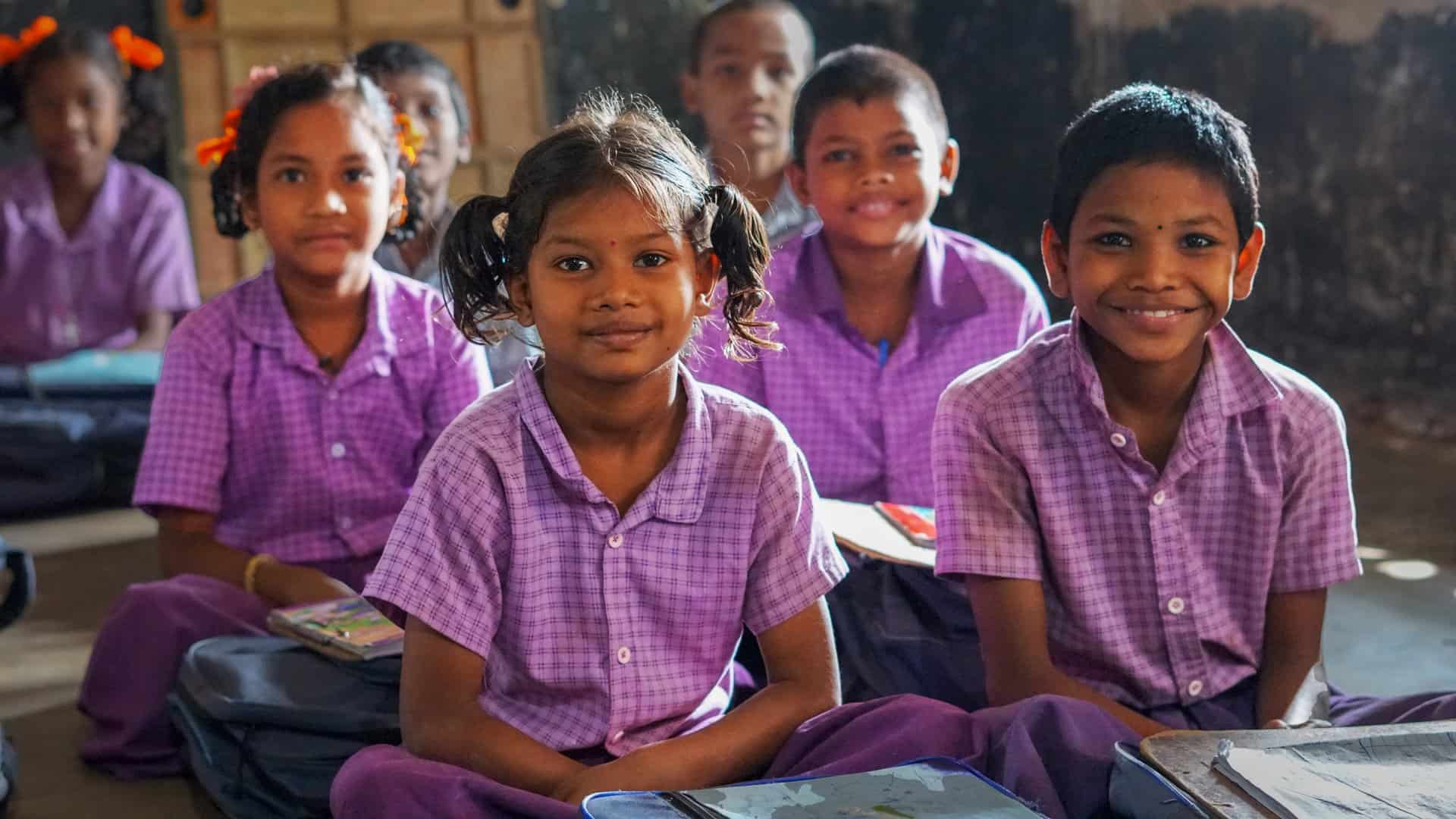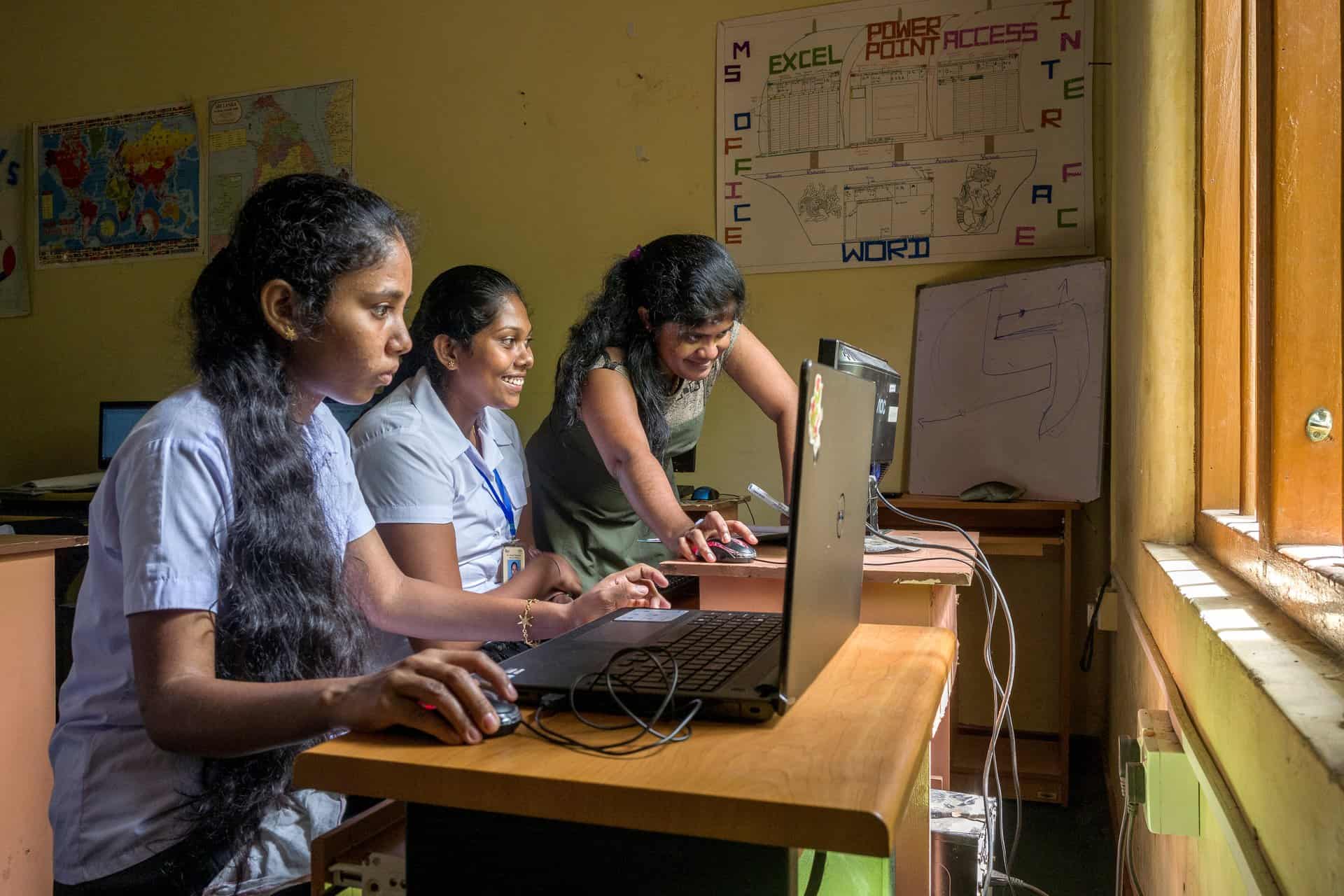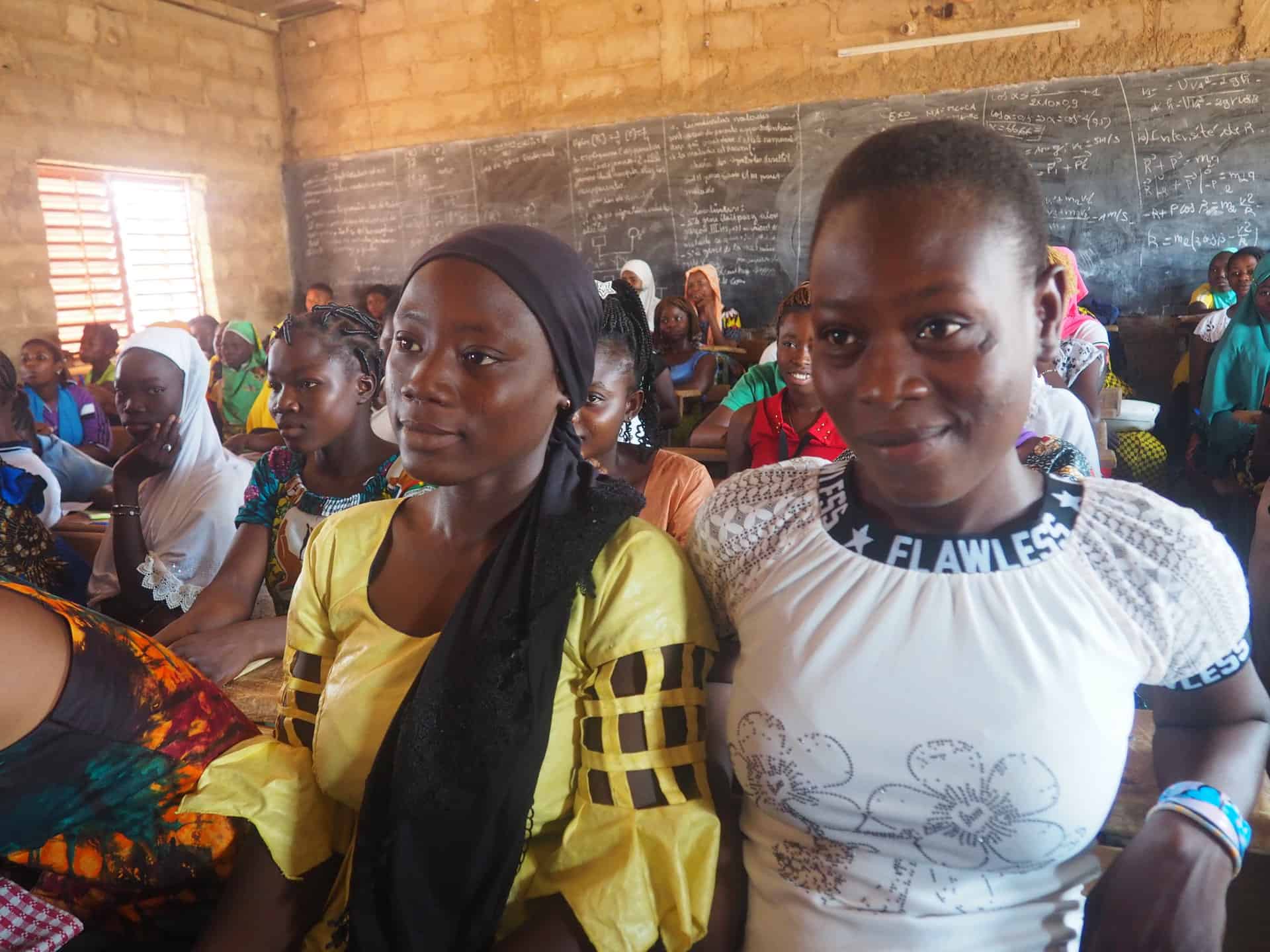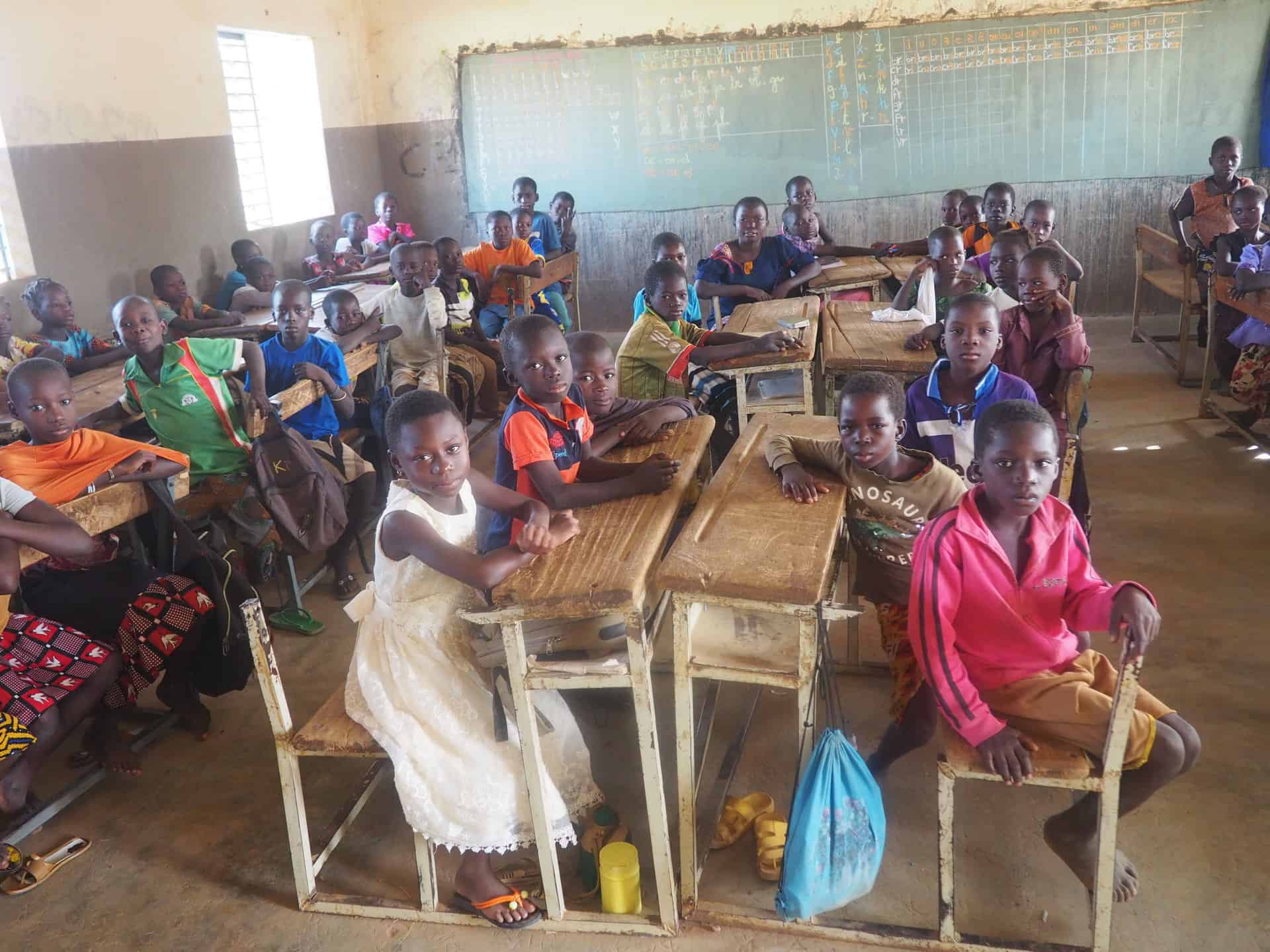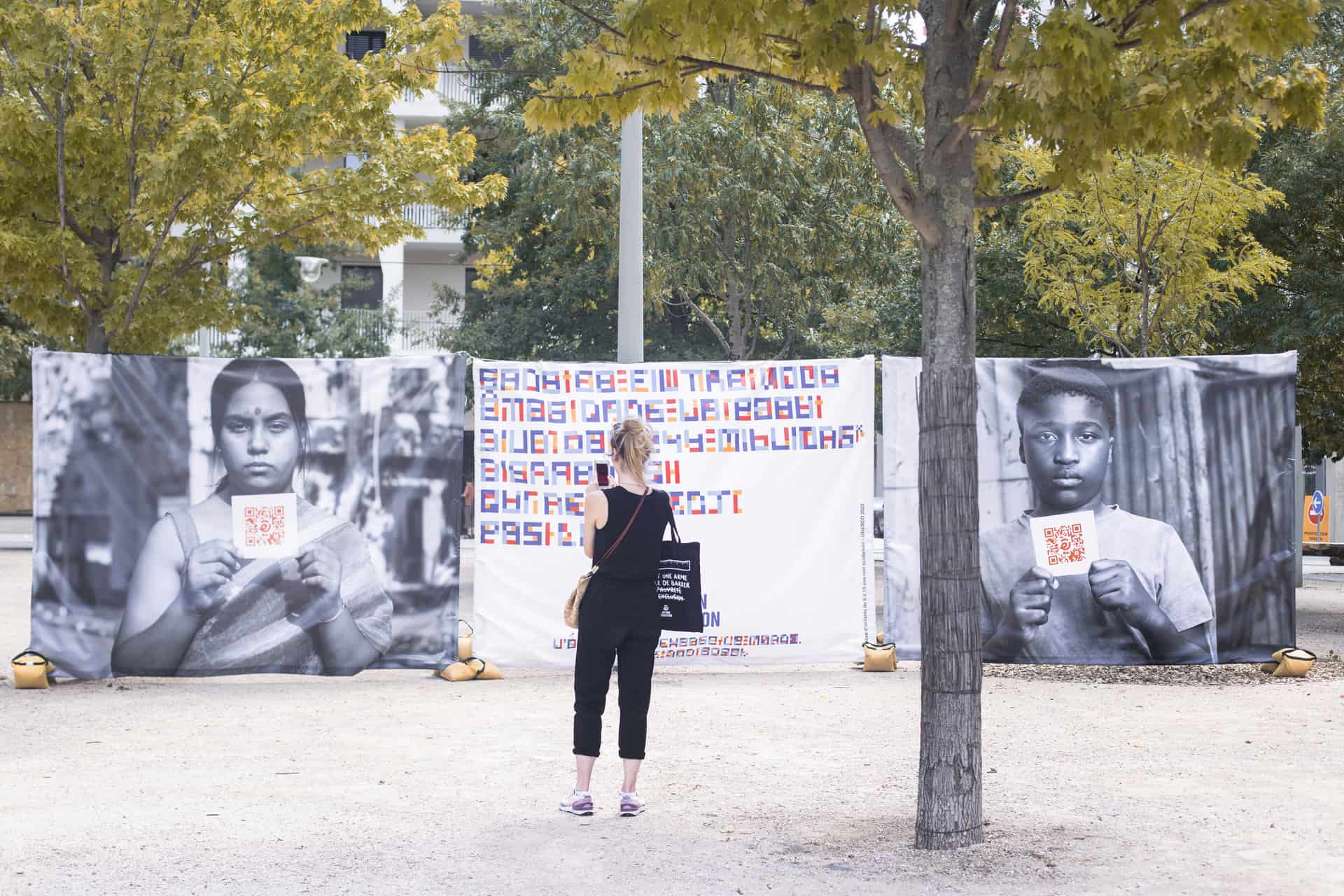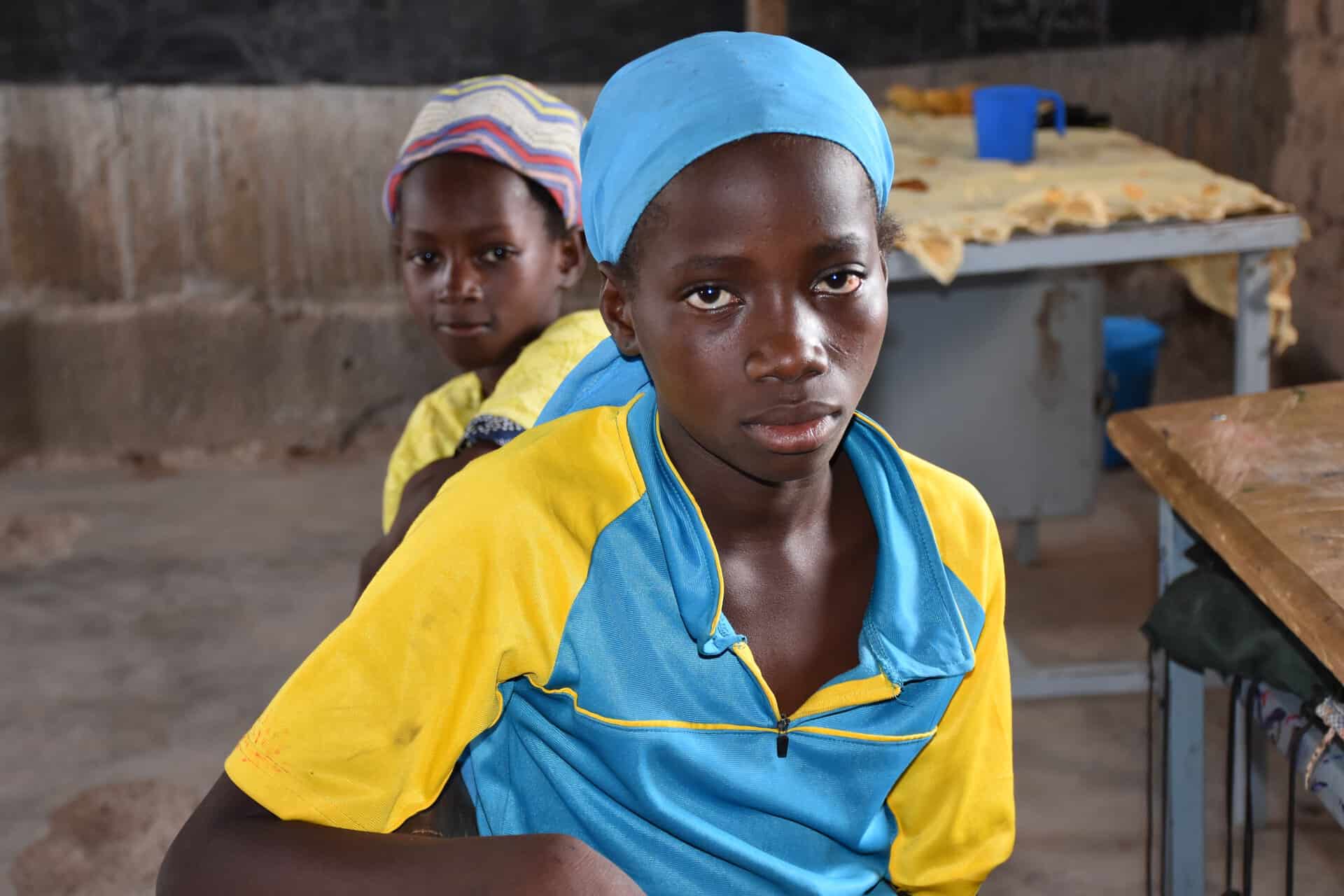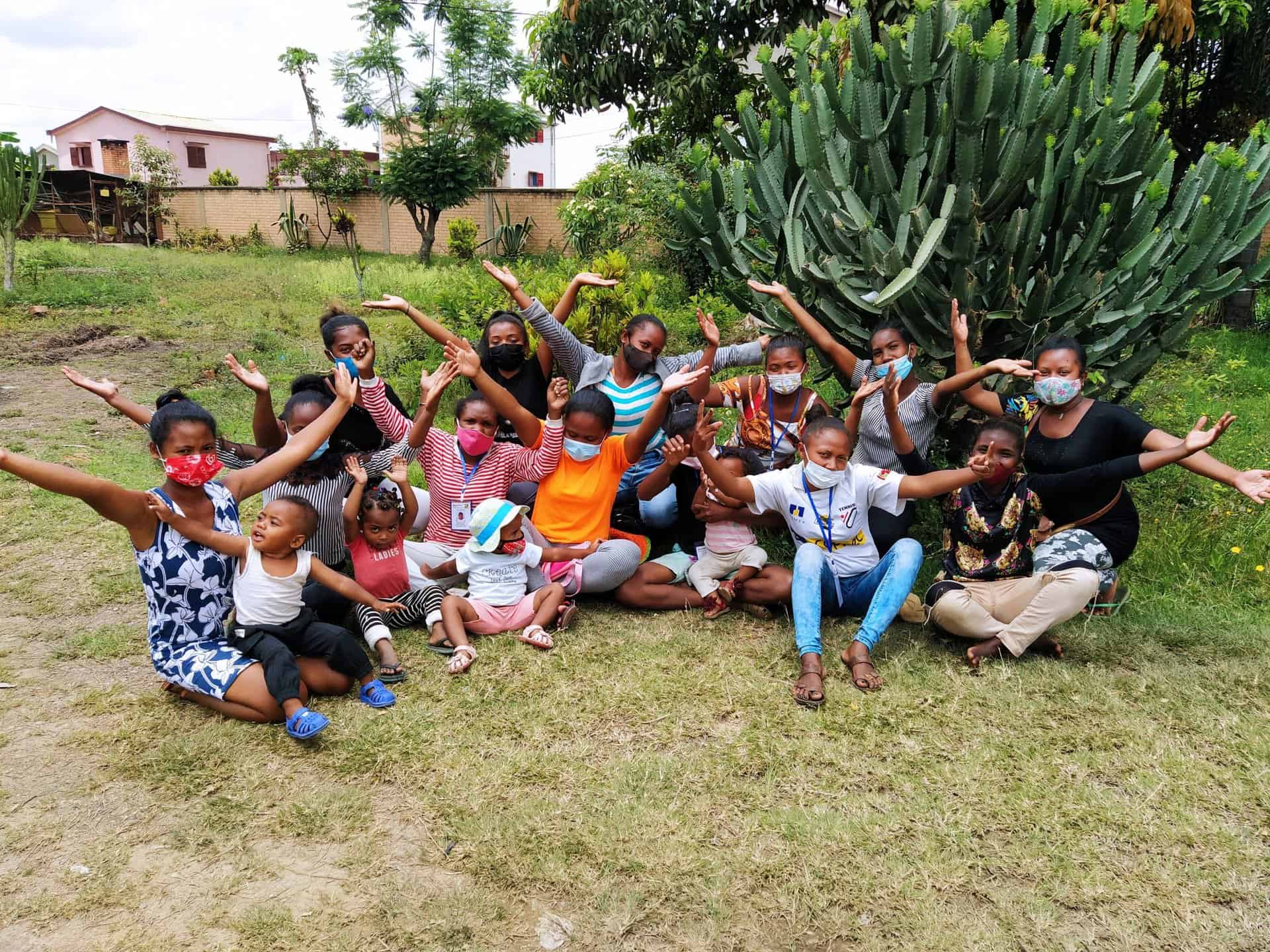Girls' and women's education: a key struggle
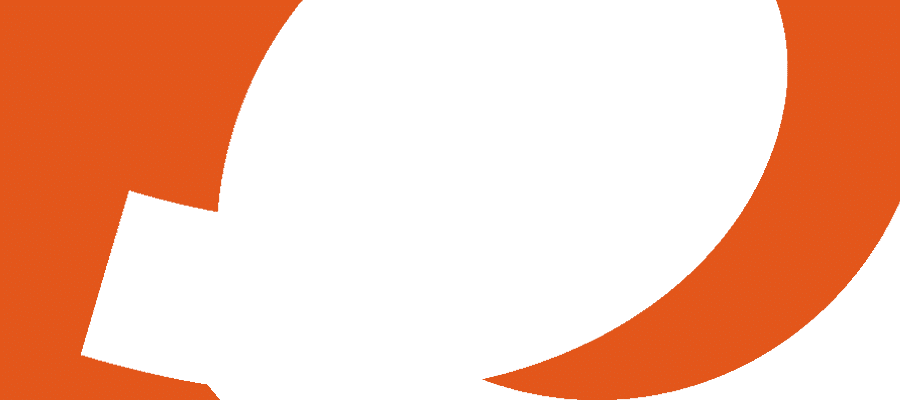
Why is girls' education important?
A girl deprived of education is deprived of her basic rights. She is relegated to household chores, exposed to pregnancy and early marriage and to dependency. Ensuring that all girls and women have access to an quality education is essential to respect their rights and to accelerate the building of a just and sustainable world.
The Action Education association is mobilising to ensure access to education for all girls and womenespecially in countries where the women's rights is not respected. More globally, it is an essential fight against gender discrimination, which is still too present throughout the world.
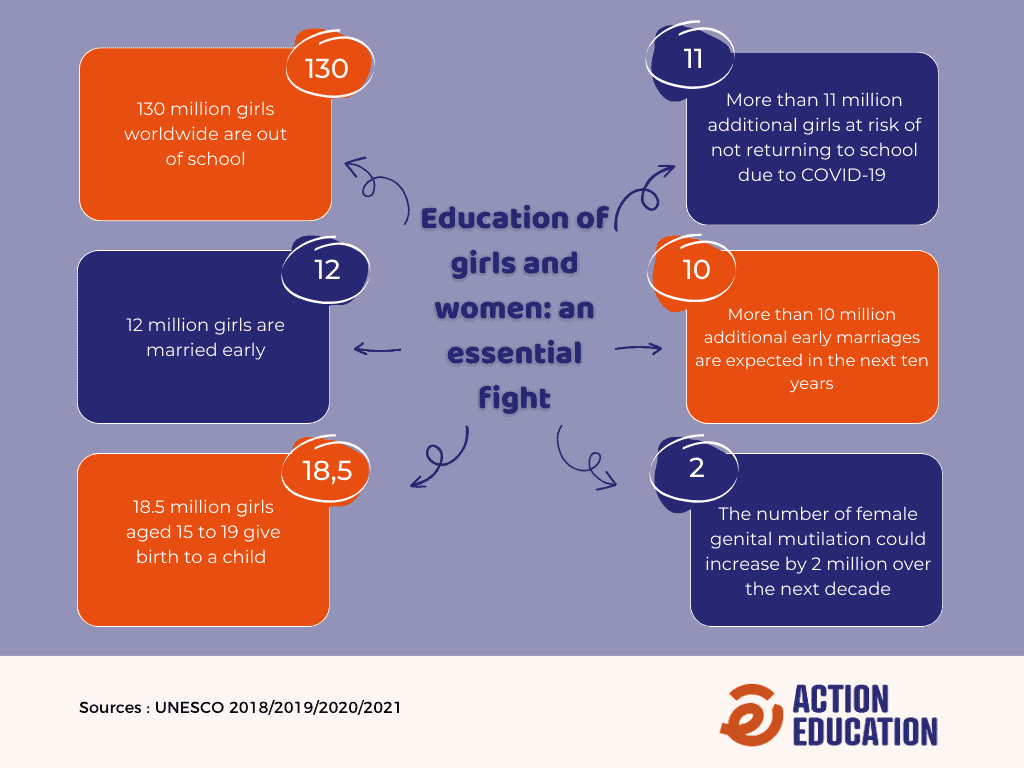
Discrimination and violence against girls and women: an emergency situation
Girls and women face multiple discrimination and violence from birth:
- 130 million girls worldwide are not in school (UNESCO, 2018).
- 12 million girls are married early (UNESCO, 2019).
- 18.5 million girls, aged 15-19, give birth (UNESCO, 2019).
COVID-19, the rise in food and energy prices and the climate crisis are all crises that have further exacerbated the situation of young girls around the world, both in terms of their health and their education. educational inequalities than on the deprivation of their freedoms:
- More than 11 million additional girls are at risk of not returning to school (UNESCO, 2020).
- More than 10 million additional early marriages are expected in the next ten years (UNESCO, 2021)
- The number of female genital mutilations could increase by 2 million over the next decade (UNESCO, 2021).
Why is education for girls and women important?
Ensuring girls and women's access to quality education helps to respect and enforce their rights.
Educated girls acquire life skills and competencies that enable them to be active and committed citizens, defend their rights, choose a job, be financially independent and take better care of themselves and their children.
Guaranteeing education for women is an ongoing battle, and the gains made remain fragile, whatever the region. Visit gender inequality in education but actions, such as those carried out by Action Education, are essential to promote women's empowerment.
What is Action Education doing to support girls' and women's education?
Action Education gives priority to the most vulnerable populations, especially girls and women.
Our aim is to ensure that they acquire lifelong learning so that they can be masters of their own development, autonomous and agents of change.
Education is the key to progressively curbing all phenomena of gender-based violence These include forced marriages, early pregnancies and other abuses, which are still on the increase. Education is a pillar for women's emancipation, knowledge and defence of their rights.
Our projects for girls' education
Our association works, among other things, on the deconstruction of gender stereotypes.
We raise awareness of the importance of girls' rightsLet's encourage girls to stand up for their rights.
Once educated, they have the opportunity to become agents of change in their communities and to bring about behavioural change.
We are also working on educational content to promote gender equality from an early age.
For example, in Vietnam, our team launched the first bilingual (Vietnamese-Hmong) textbook with gender equality as one of its major topics.
Children are made aware of this issue from an early age.
Changing standards early is the key to success for future generations. Early childhood education is therefore necessary.
Our projects for women's education
We offer two types of support to women who have been deprived of education:
- literacy
- and socio-professional training with support for entrepreneurship.
These trainings enable them to acquire skills, gain confidence and access better economic opportunities. In the long term, it helps to transform cultural gender traditions and to reverse the prevailing distribution of power. It is being implemented in most of our countries of intervention, including India and Laos.
This programme, which is known in Burkina Faso as FORSELF, provides 400 illiterate women in Ouagadougou who are already running low-income activities with training in leadership, entrepreneurship, support for business creation and guidance on accessing financial services.
The Education For Women Now campaign by Action Education
Launched in January 2021, the mobilisation campaign " Education for Women Now "is Action Education's first global campaign.
This fundraising campaign aims to raise €20 million to enable 3 million girls and women to have access to quality education by 2025.

